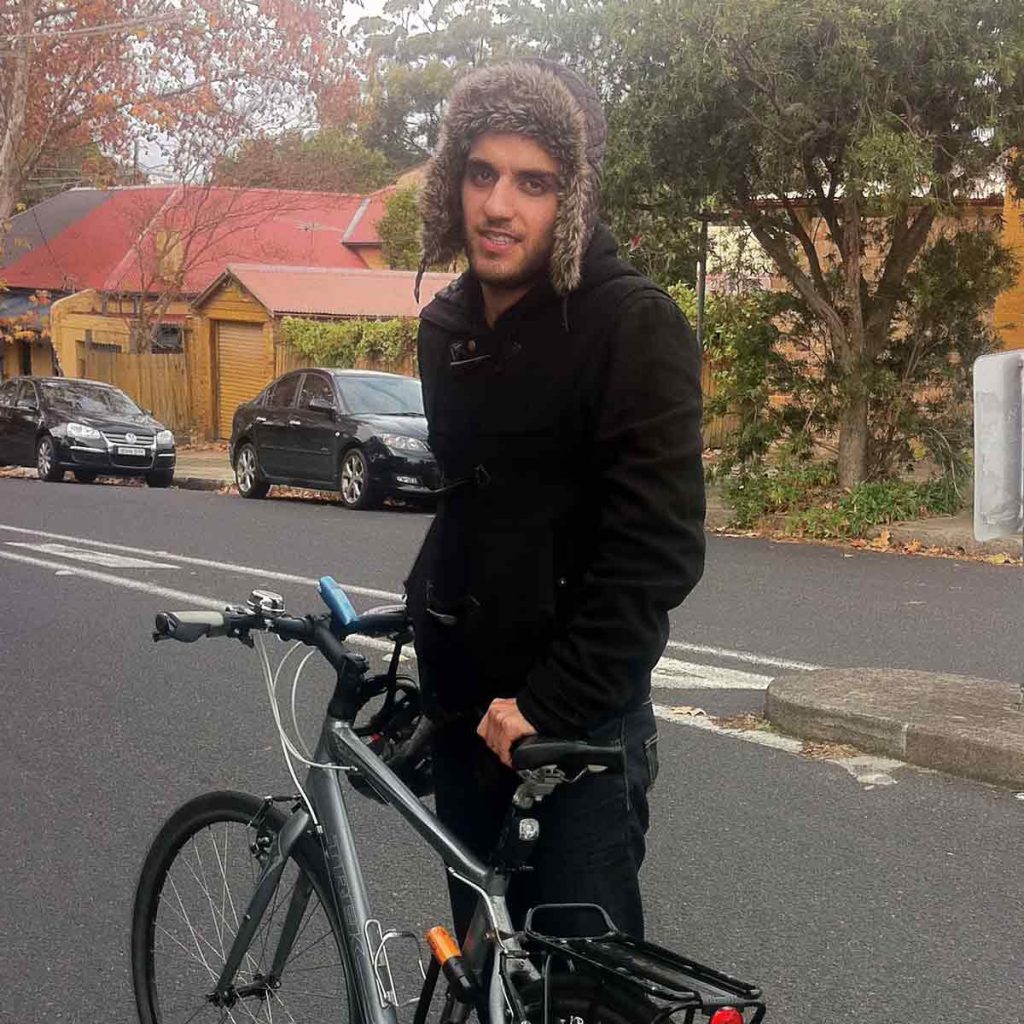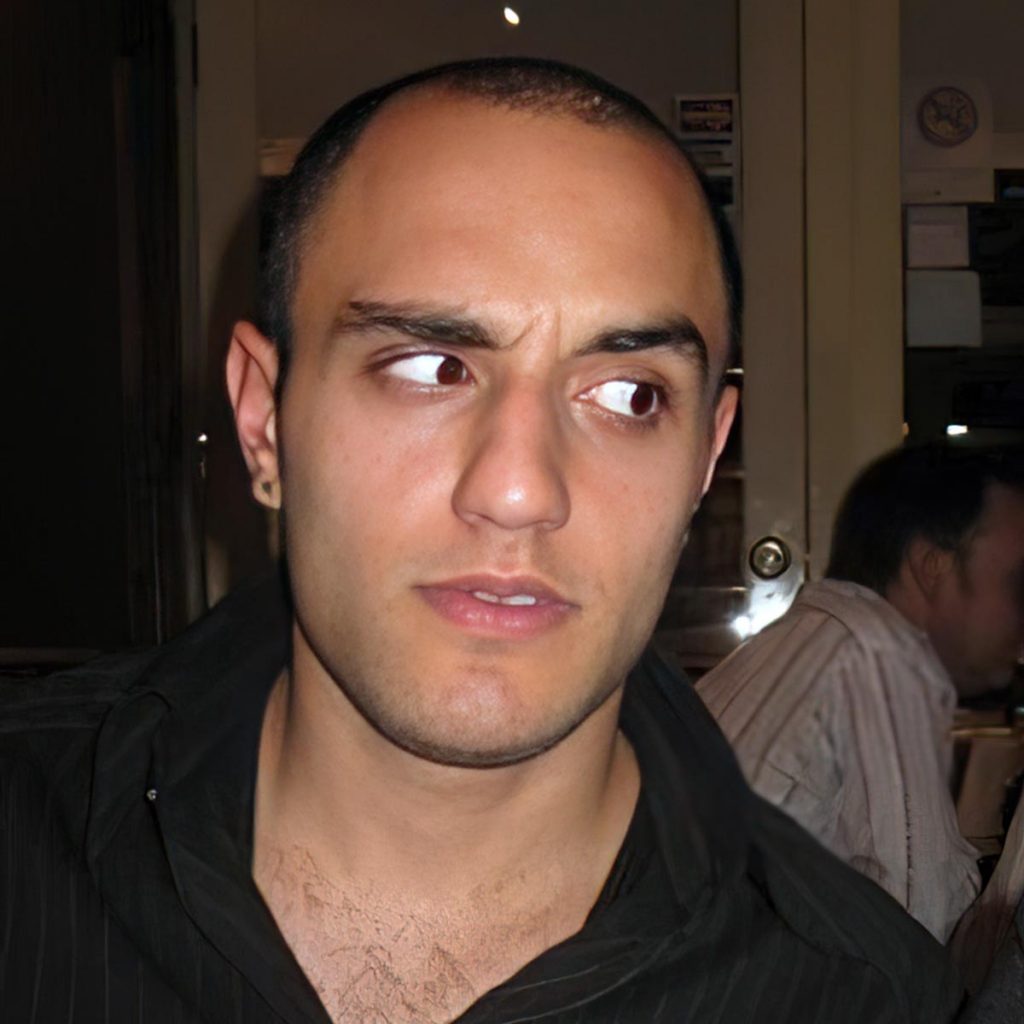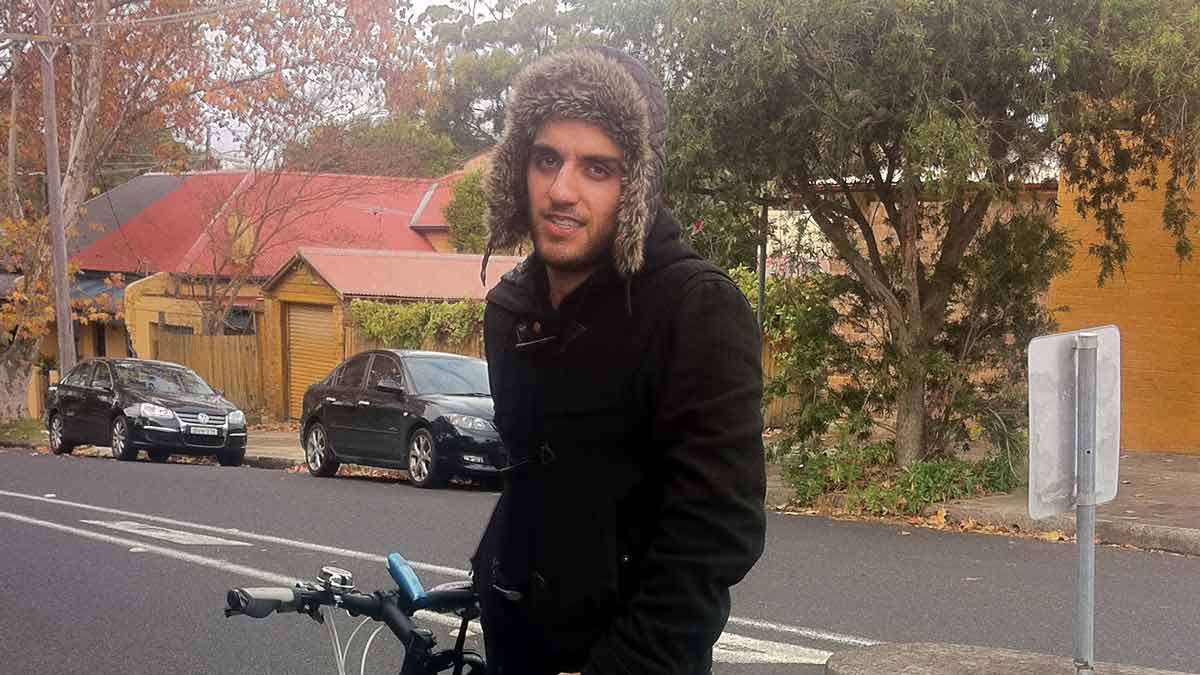Confessions of a Control Freak – Part 9: A Lantern of Hope
Confessions of a Control Freak is a memoir blog series exploring the impact of Obsessive Compulsive Personality Disorder, its origins, and the rocky path to recovery. Names and identifying details have been changed to protect the privacy of all featured individuals. Subscribe to receive all future posts. More about OCPD here.
I
My mother’s status as a domestic warrior was well-earned. When confronted, she always knew how to stand her ground, and was willing enough to go to war—if the situation called for it.
For how else was she to keep our always endangered, and now-fragmenting family together?
And so she fought, punching up when necessary, combating a seemingly hostile universe.
At age six, a traffic cop issued my mom a ticket after my brother was found not to be wearing his seatbelt.
This affront was meant with aggression, my mother muttering her defiance at the officer.
The issue at hand wasn’t that she was responsible for the actions of my rule-breaking brother. It was that this so-and-so had dared to correct her, and so doing, pierced her shell.
My mother’s force of will, the finality of her conviction, and her calm command in other situations had a magnetizing effect, forever drawing others towards her.
As her son, her presence could inspire at various times admiration, awe, embarrassment, and resentment.
The immaculate appearance she demanded of us when it came time for family photos, led me more towards the latter.
In these situations, our hair was always combed and parted just so, our shirts tucked in, and our shorts practically hitched up to our armpits.
Never mind that this presentation was forced and uncomfortable, and would almost certainly result in some form of childish defiance: pouting or pulling silly faces.
As a teenager, my mother would comment on the size of some new zit, then descend on the offending whitehead with her nails.
Choosing to receive this as some form of devotion, I would stand there, braving the painful sting. Only later would I realize I could have just as easily told her “no”.
My mother might justify impositions as acts of love, but perhaps what I wanted most was an acknowledgment that my feelings were not immaterial; that any request for help merited more than a glance or an outright dismissal.
II
During one visit to the dollar store, I bent to sniff a bath bomb—an ill-fated decision that resulted in a fit of sneezing.
Such was the violence of these sneezes that I ended up throwing out my back.
“Ow, ow, ow,” I cried when even the simplest movements sent pain arcing through me.
Complain though I might to my mother, she only continued with her browsing.
Having failed to extract a response, I hobbled out of the store to sit on a bench.
Three days of excruciating pain later, I had been contorted into the shape of a hunchback.
The surfeit of visual evidence meant my plight was no longer deniable, and so my mother made an appointment with a chiropractor.
Until then, however, she seemed taken by the conviction that perhaps I had been exaggerating my affliction, in some undeserved bid for sympathy.
That I was, to use the term so often bandied about in our household, a “hypochondriac”.
Another time—in what was to be our first and last family cruise together—I came down with a mysterious illness.
For days, I lay in a cot, drifting in and out of sleep, weak, exhausted, my gut wracked by agonizing spasms.
“Something’s wrong,” I remember telling my mom. “My body’s not even processing food anymore.”
“You just have a stomach virus,” my mother told me. “It’ll pass.”
“Please take me to see the ship doctor,” I begged.
Similar symptoms had plagued me from puberty onwards, so my arguing for treatment was, by now, an old battle for recognition.
“No,” went my mother’s response. “The doctor charges $100 for a consultation. Besides, all he will do is take an aspirin. It’s a waste of money.”
Justified as she might have been in questioning the quality of the on-board medical services, the result was three days of potentially avoidable suffering.
It would be more than a decade before I arrived at a diagnosis of Irritable Bowel Syndrome, and learned of the existence of antispasmodic medications.
But until then, other fits of related illness would—for lack of any other explanation—receive similar treatment.

III
Six months later, while reaching across our kitchen’s island counter to hand me a bowl, my mother accidentally smashed it into the edge.
The movement carried the broken-edged shards directly into my hand, cutting open my left index finger.
For a moment, all I could do was stare in shock at the open flag of skin, the blood that welled and ran down my hand.
“Mum, I need to go to the doctor’s,” I said.
“Don’t be silly,” she said, dabbing a blob of Johnson’s Baby Cream on the open wound and binding it with sticking plasters. “It’s not that bad.”
But even as we watched, the plasters darkened, the blood soaking through.
“Please take me to the doctor’s,” I repeated.
“Go yourself,” she said, walking away. “I’m not paying for you.”
Determined to hold her to account, I continued to nag and guilt-trip my mother, knowing that forcing her to spring for the doctor’s fee was the only concession I’d ever get.
Yet each time she would deny me, insisting the wound would close on its own. It did not.
A week later, the deadlock was broken. After showing the unhealed wound to a houseguest, my mother dropped me at the doctor’s office.
I sat on an examination table as the doctor studied the flap of dead skin and the raw tissue beneath.
When I explained to her my mother’s promise that the wound would close, he scoffed.
“It was never going to heal,” he said. “And even if it did, it would have healed properly. You would have had a deformed finger.”
And with that, he raised a scalpel and severed the flap.
That my mother would be willing to deny the extent of the injury now beggars belief. It also contrasted sharply with her terror when my 11-year-old self was attacked by a neighborhood dog.
Back then, there had been no war of words between us; no refusal to admit harm, no aversion to being proven wrong.
Rather, my mom had immediately flown into action, driving full-speed to a medical clinic and carrying me to the reception, shouting for a doctor.
So why now the refusal to admit that I had been injured? Why the denial?
Eventually, I came to see that denial was one of many defenses mom employed.
If my mother was a battle-ax, admitting error only dulled her edge.
And yet where this stubbornness brought success in other avenues of her life, it ultimately drove a wedge between us.
IV
While my peers spent their weekends partying and binge drinking, I spent most days locked up in my room studying.
These efforts would ultimately lead to outstanding academic success. And yet storm clouds seemed to forever hover over my mother.
Had she looked closely enough, she might have taken pride in the fact I had gradually become a carbon copy of her perfectionist workaholic self.
Not that, at that age, I saw any problem with this. Rather, I had chosen to cast my behavior as a valiant attempt at overcoming the relentless bullying I’d suffered at the hands of my brother and peers.
Fear also had fuelled my efforts. I remained as conscious as ever that my family stood on the precipice, after learning our private school had agreed to partially waive fees on the grounds of financial need.
There was also the realization that so long as I remained under my parent’s roof, I would be denied a modicum of emotional safety.
Withdrawing into my studies served as a lantern of hope in the deepening darkness. A solid work ethic offered a clear path forward, out of my misery.
If I was industrious, if I kept busy, I would one day enjoy success, and with it the vindication of my shame-riddled self-esteem.
For experiences had led me to believe that all that had gone awry in my life was a direct result of my own actions.
In the back of my mind, I entertained the belief that I was a bad person entirely deserving of the lot I had been given.

V
For my last two years of high school, I walked a tightrope of constant study and near-total social isolation. When I strayed from it, I was punished.
Having caught my brother caught dealing weed from our house, my parents kicked him out for good, and so their anxieties found a new focus in me.
Once, following a fight with my sister, my mother refused to hear my side of the story, declaring me the sole wrongdoer.
For two weeks, she refused to speak to me, until at last, I snapped.
“You’re emotionally blackmailing me,” I said.
It was a term I’d heard on Oprah, a term that seemed to explain my feelings of injustice about the situation.
My mother barked scathing laughter.
“Oh, you think you know everything now, don’t you?” she said.
This response by now was rote. Trying to explain my feelings often resulted in them being argued, as in a court of law.
“If that’s how you choose to feel…” my parents would say as if emotions could only ever be a matter of choice.
After one such confrontation, I declared I was moving out and demanded my mother sign a social welfare form stating I was financially independent of her.
Mom’s response was flat-out refusal. When I promised to follow through with my plans, she threatened to call the police to assist in keeping me at home, if necessary.
According to her, I wasn’t ready for independence. The fact I had “wasted” savings from my part-time job on an Xbox game system was only evidence of this.
My mother was still trying desperately to hold the family together, even as it came apart. To her, letting me go would only spend its end.
VI
If ours had become a household largely devoid of affection, it was no surprise I began looking for it elsewhere.
Using a phone text chat service, I struck up a relationship with an older man in New Zealand.
A few kind words, an interest in my emotional wellbeing, a promise that all would be well—these were the morsels for which I had been desperately searching, on my hands and knees no less. And now, it seemed, I had found them.
Always one for honesty, I told my parents that I planned to meet this charming stranger, and they immediately swooped in to stop me.
Evidently, I was not well in the head. Firstly, I was at risk of being taken advantage of by a man more than 10 years my senior.
Secondly, my homosexual inclinations were evidence of a hormonal imbalance that would need to be treated by a professional.
In my parent’s view, I was a drunken motorist skidding toward a fatal conclusion. In my view, they were a mounting weight under which I had begun to suffocate.
If they were indeed trying to protect me, as they claimed to be, why then had they allowed my volatile brother back into the house time and time again?
It no longer mattered to me that they were fulfilling their parental mandate—had ensured that bills were paid, clothes were washed and school lunches prepared.
None of it could compensate for their blatant disinterest in my emotional wellbeing. And so I fled.
Confessions of a Control Freak continues with Part 10: “A tug-of-war”.

Essy Knopf is a therapist who likes to explore what it means to be neurodivergent and queer. Subscribe to get all new posts sent directly to your inbox.
© 2025 Ehsan "Essy" Knopf. Any views or opinions represented in this blog are personal and belong solely to the blog owner and do not represent those of people, institutions or organizations that the owner may or may not be associated with in professional or personal capacity, unless explicitly stated. All content found on the EssyKnopf.com website and affiliated social media accounts were created for informational purposes only and should not be treated as a substitute for the advice of qualified medical or mental health professionals. Always follow the advice of your designated provider.


